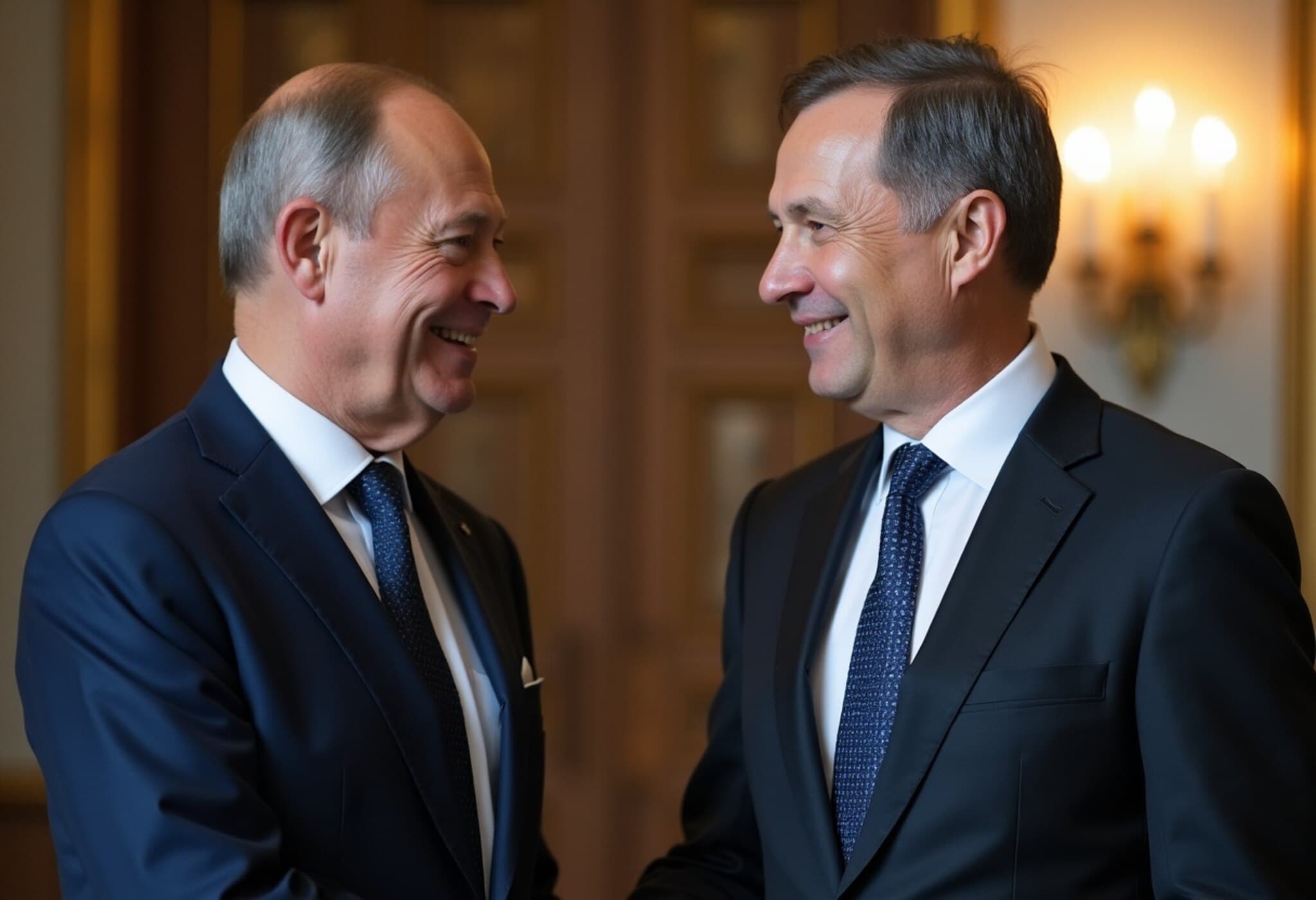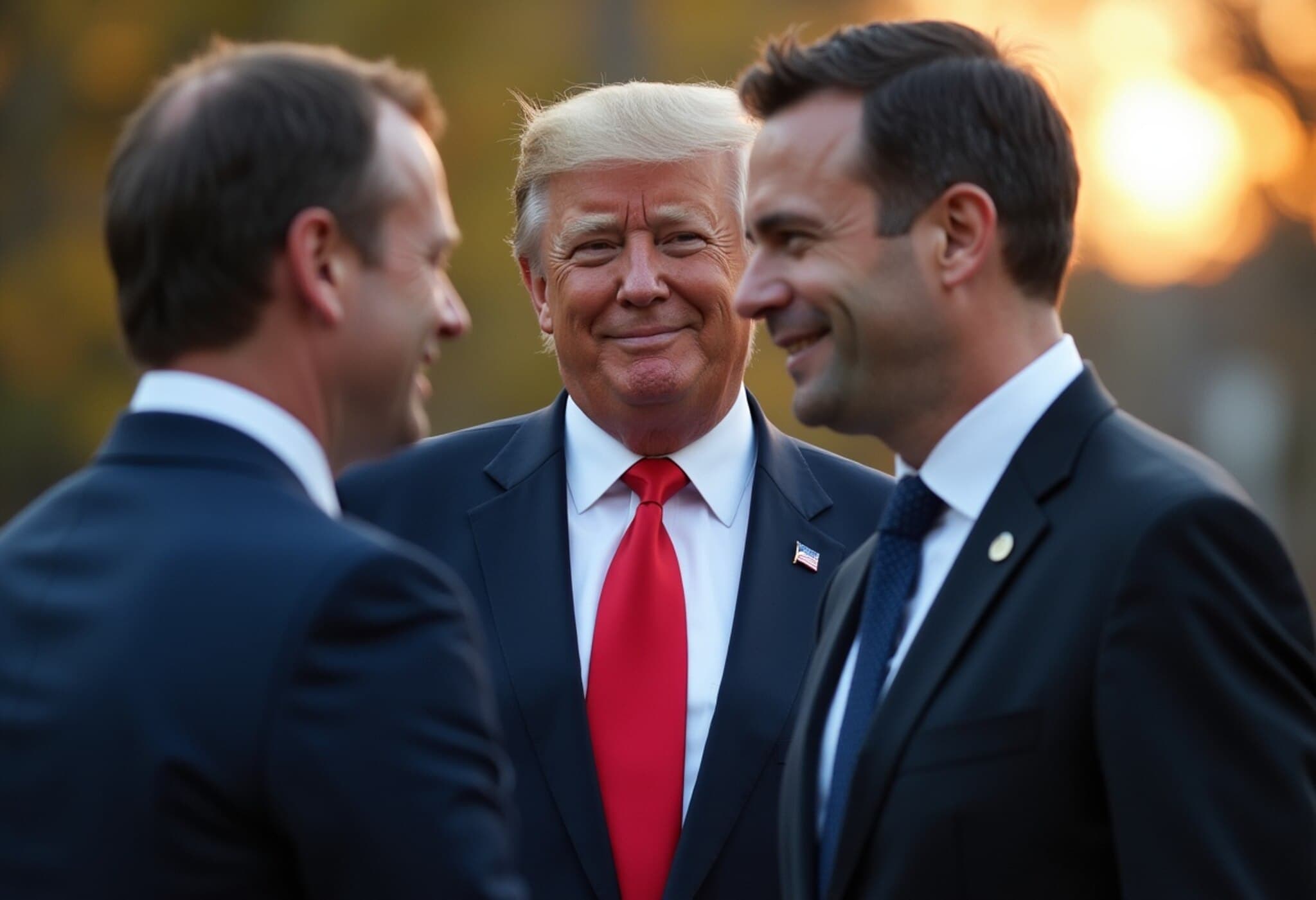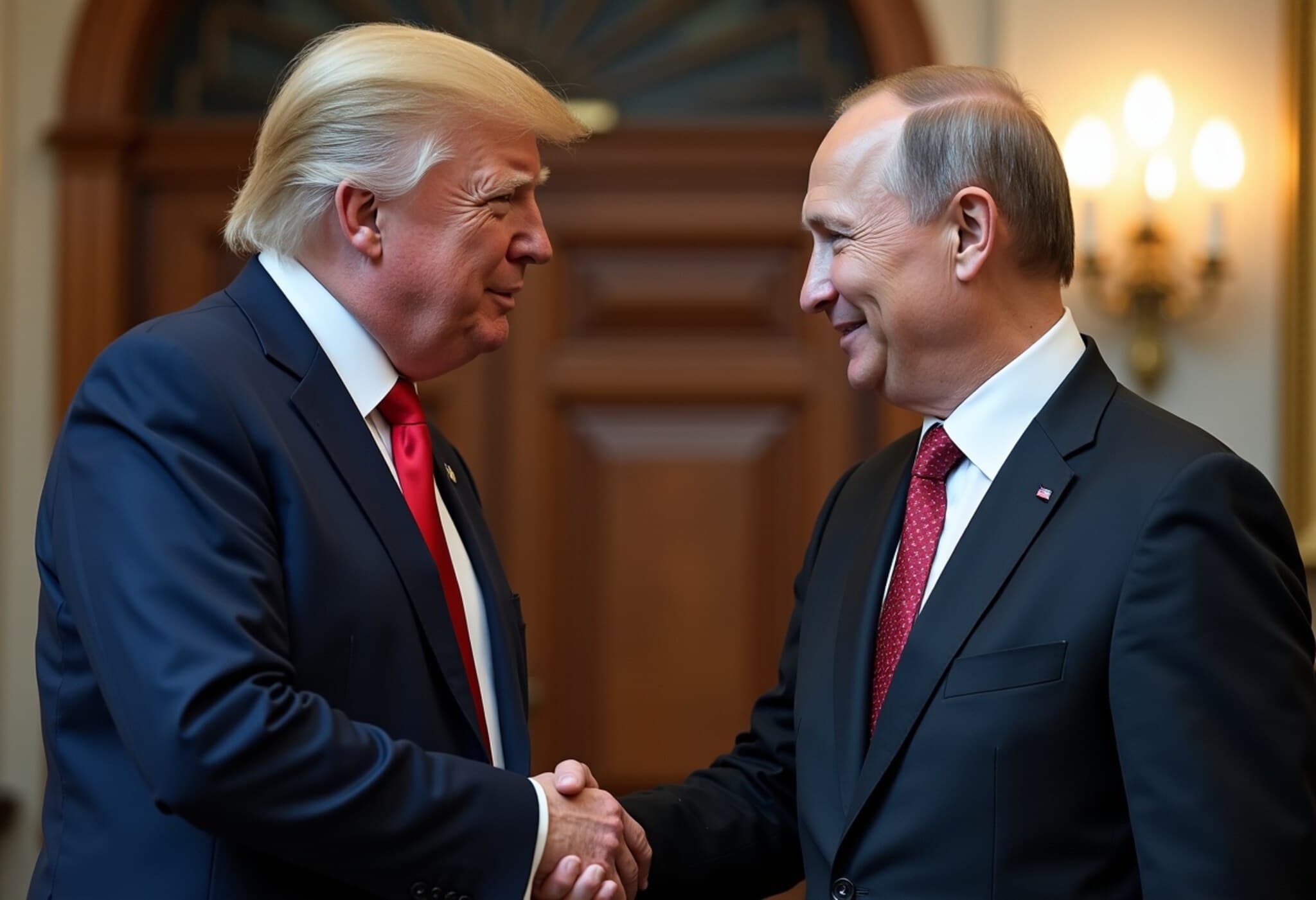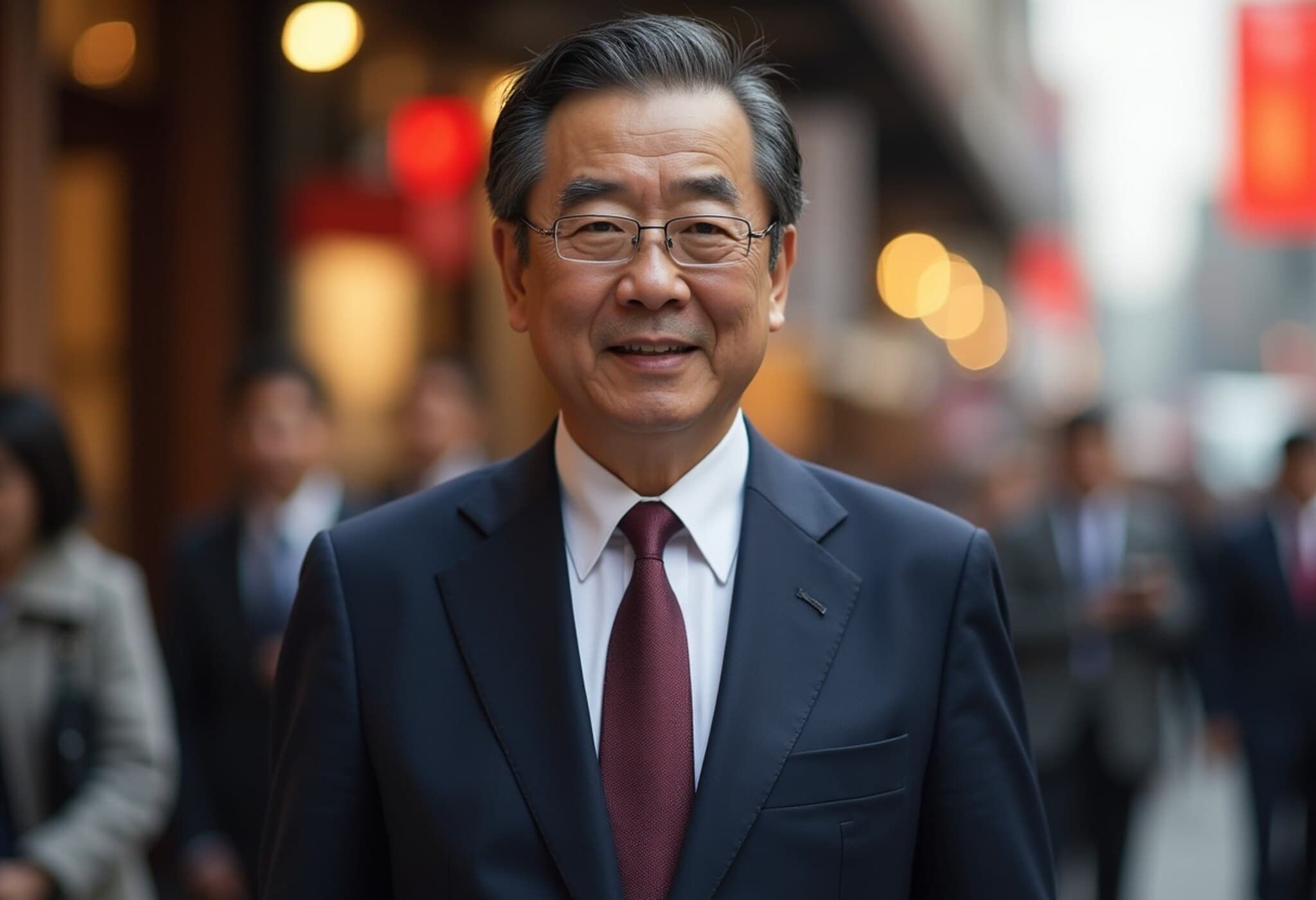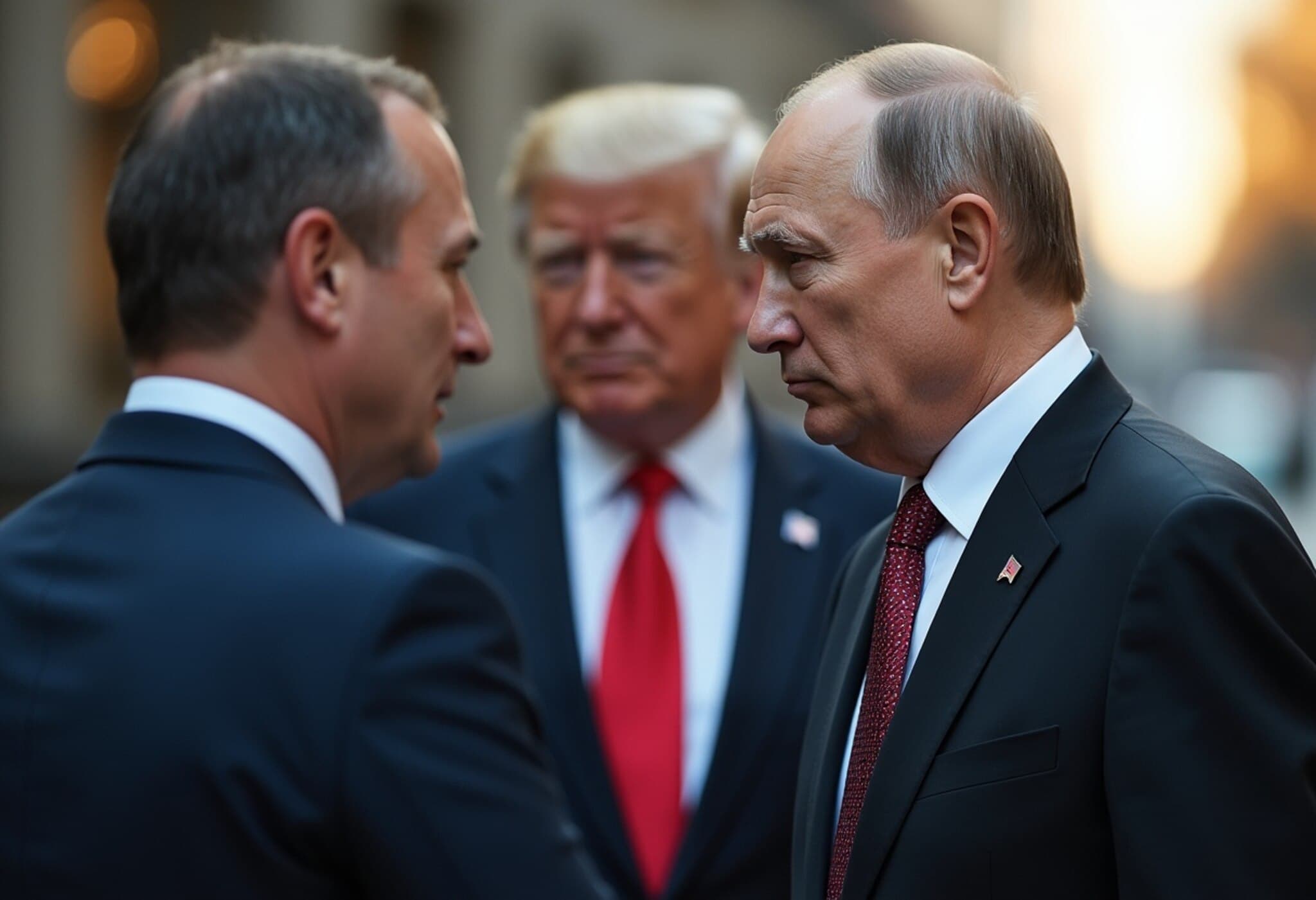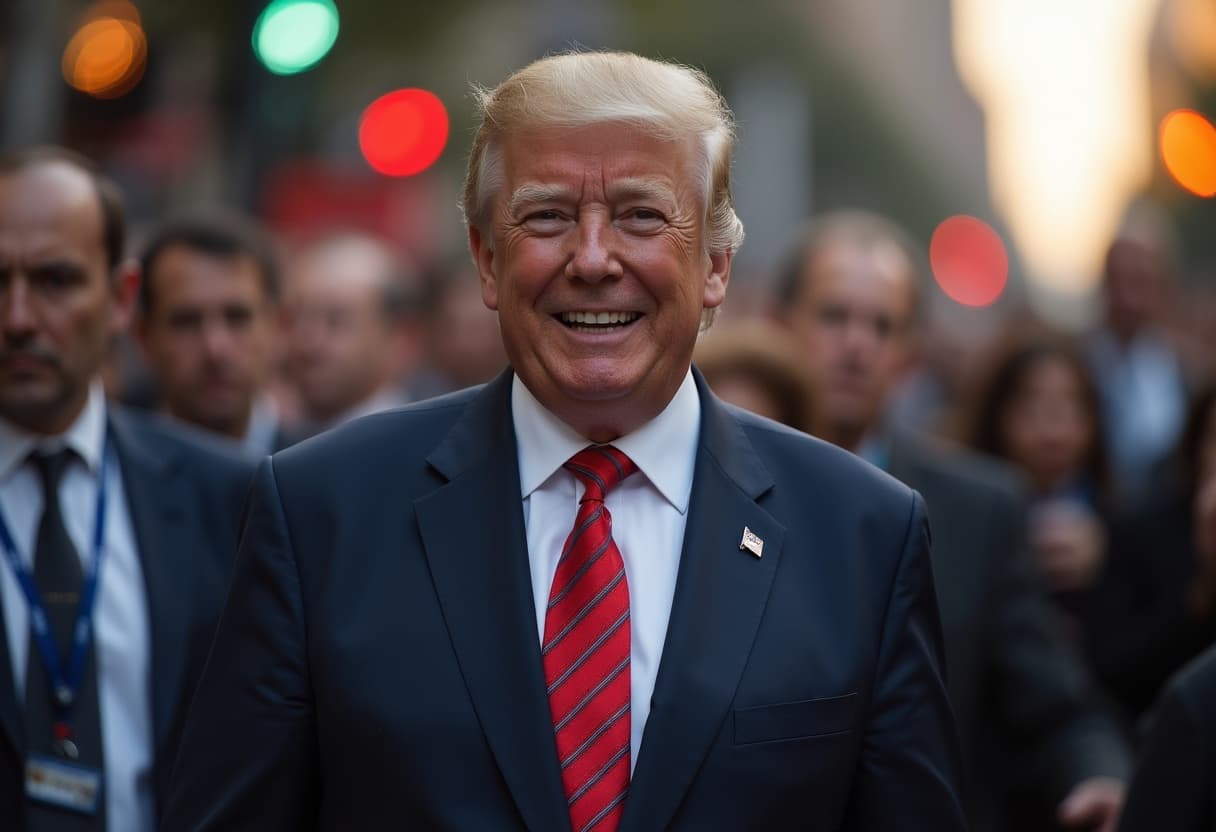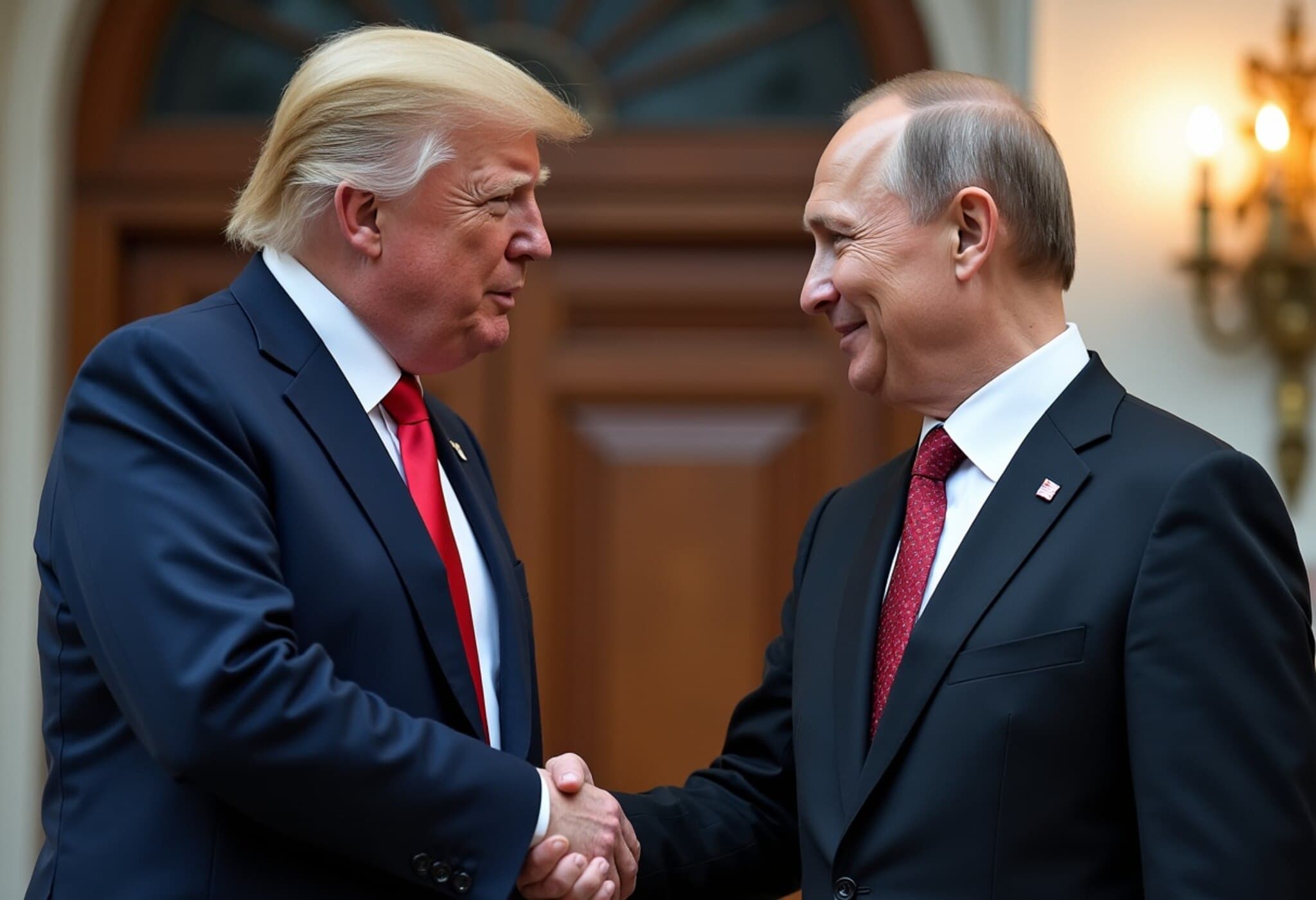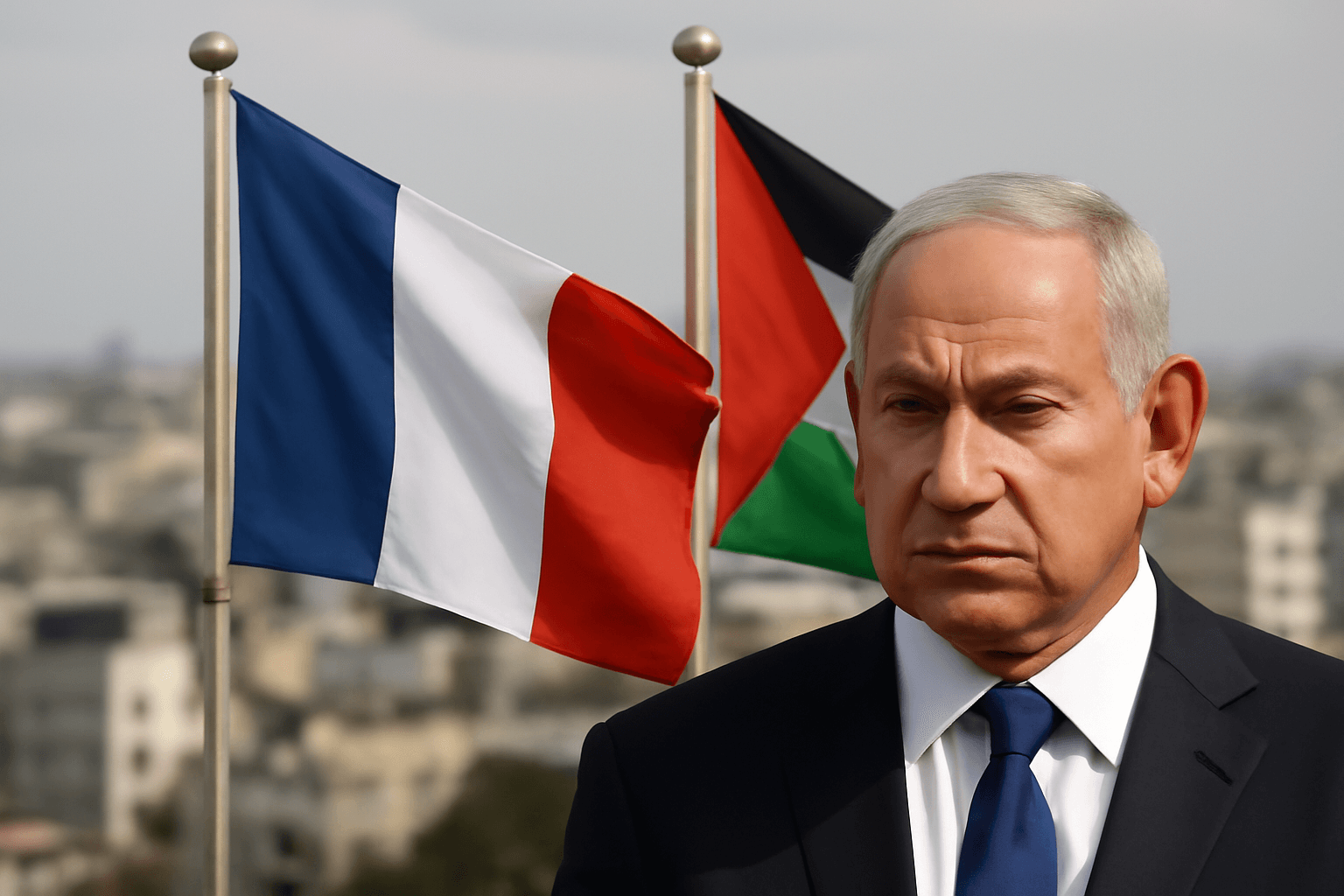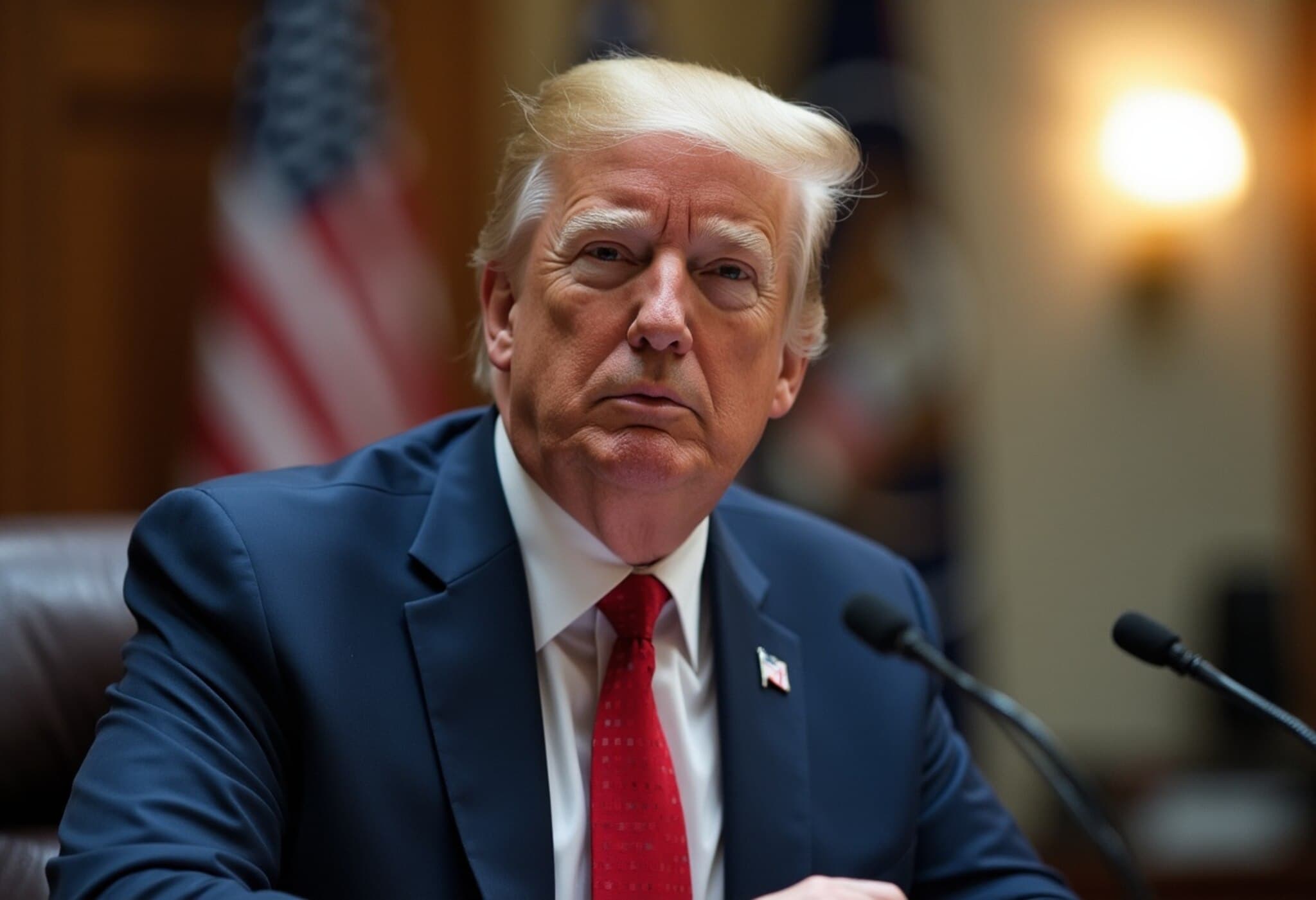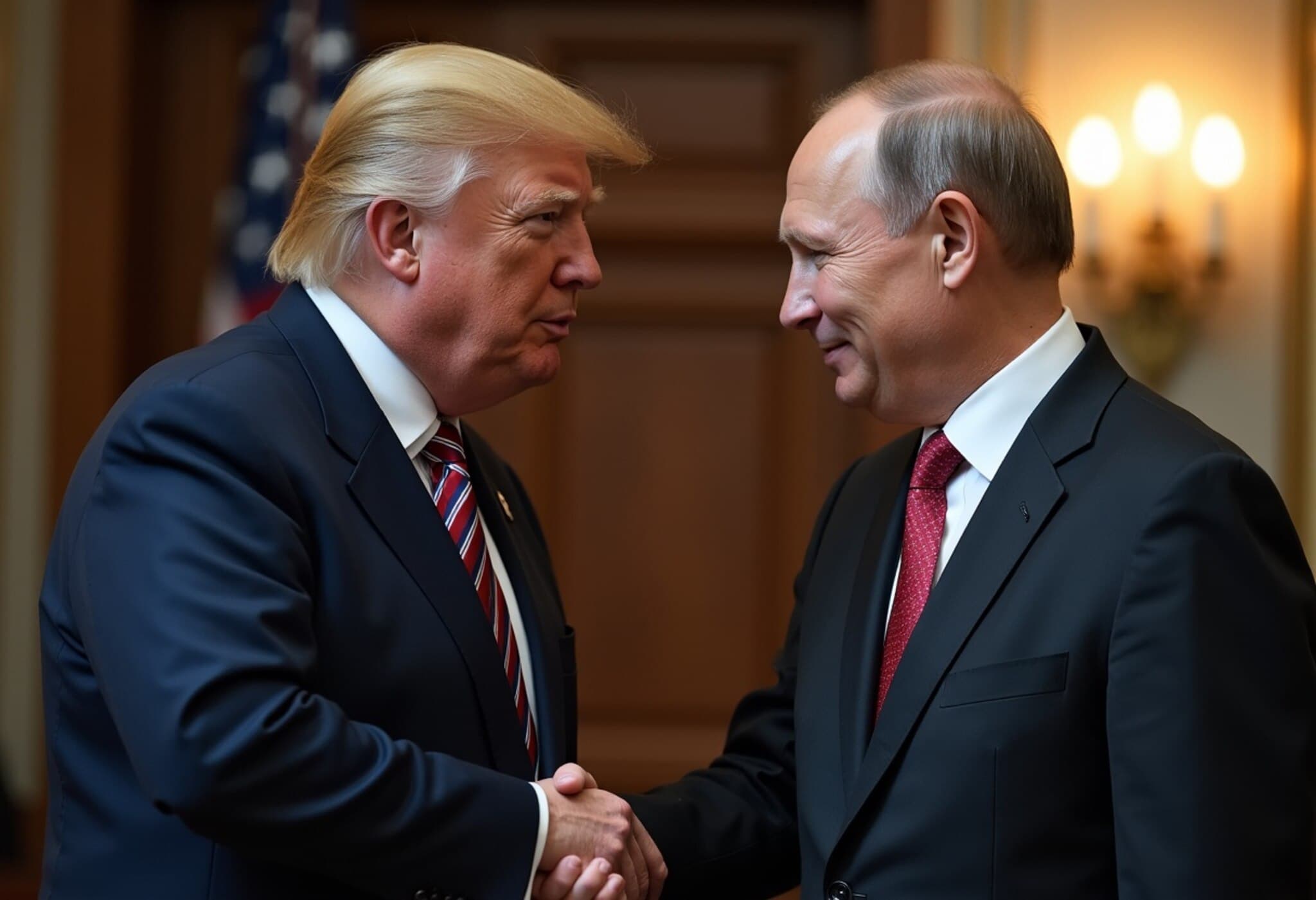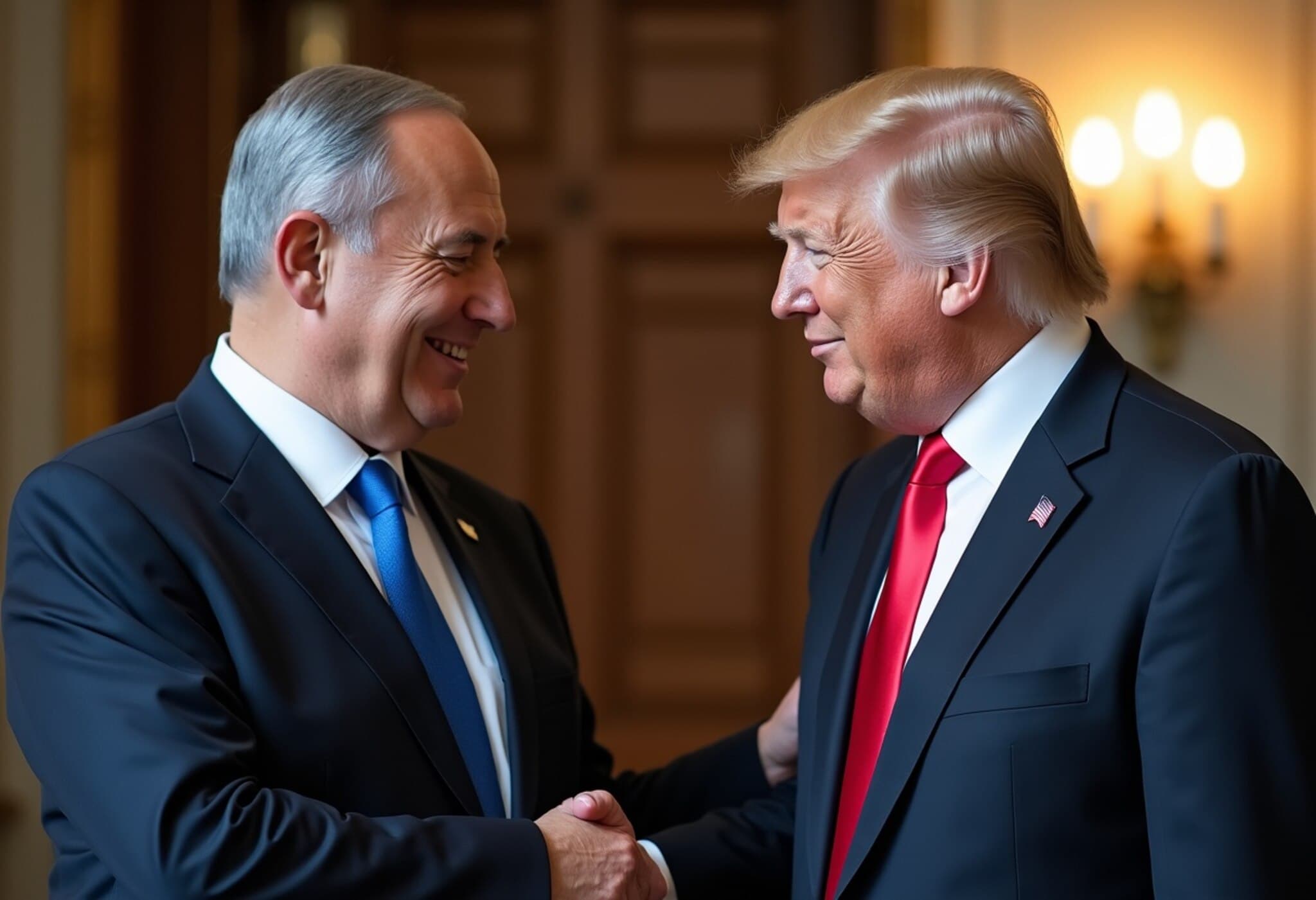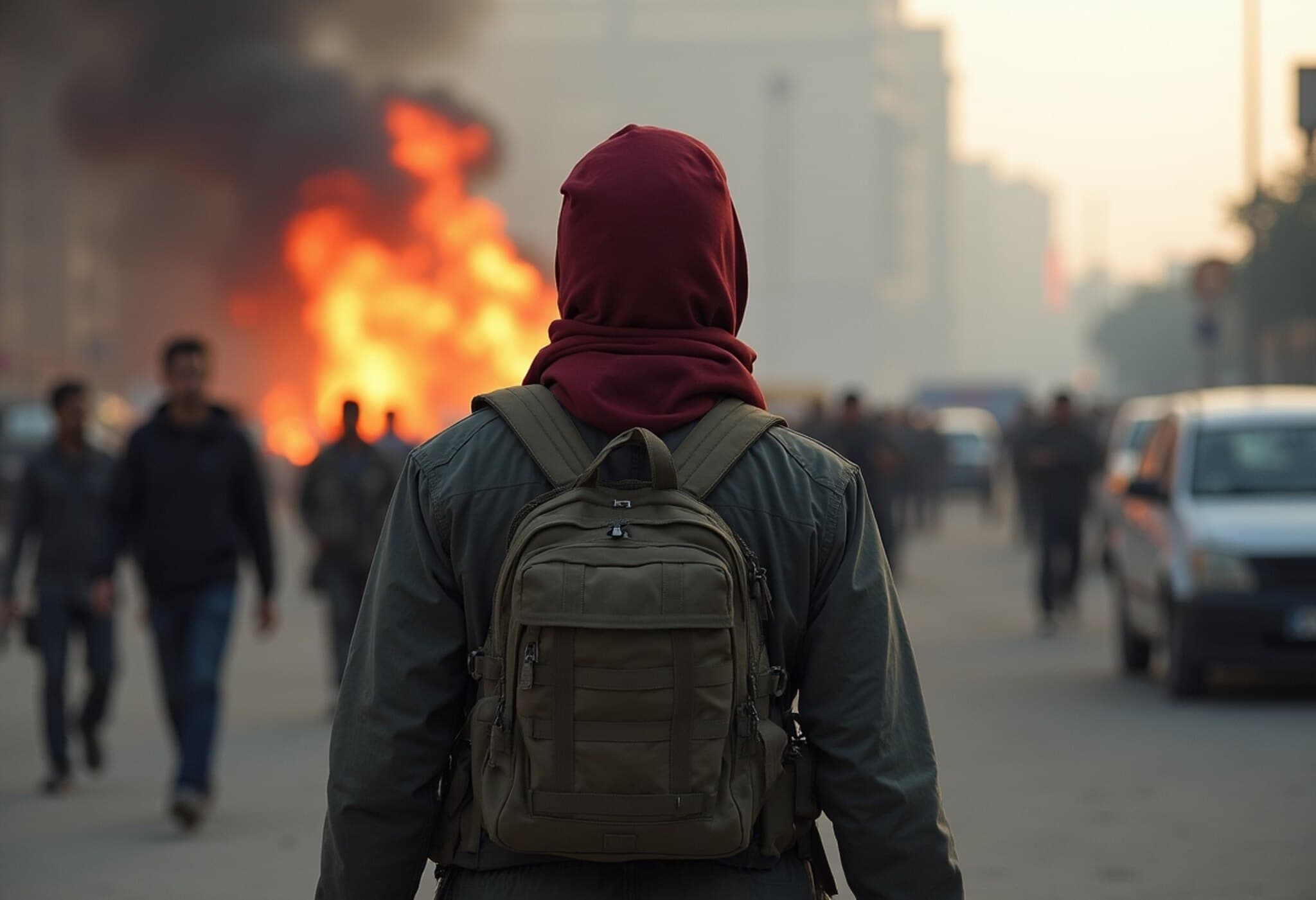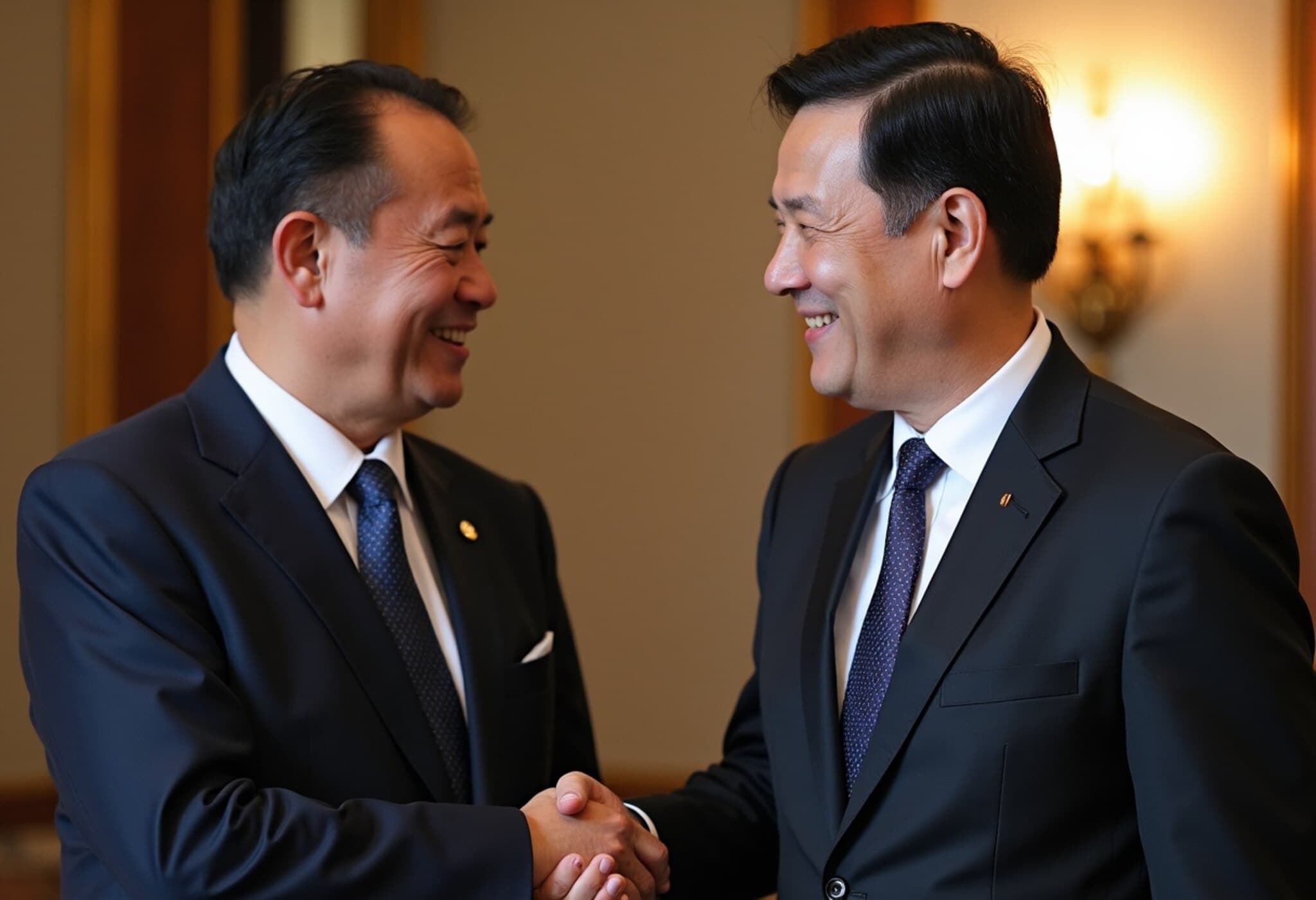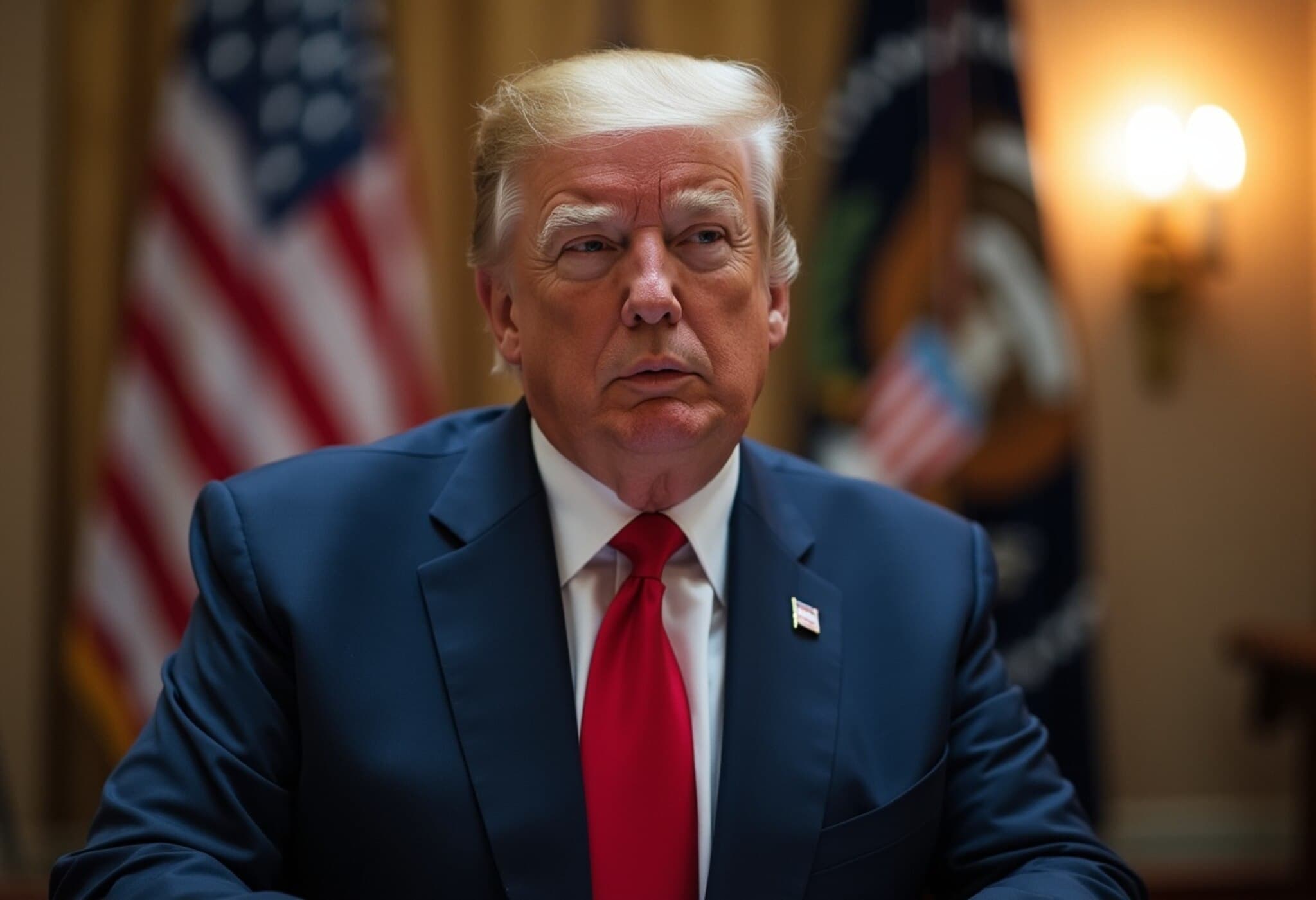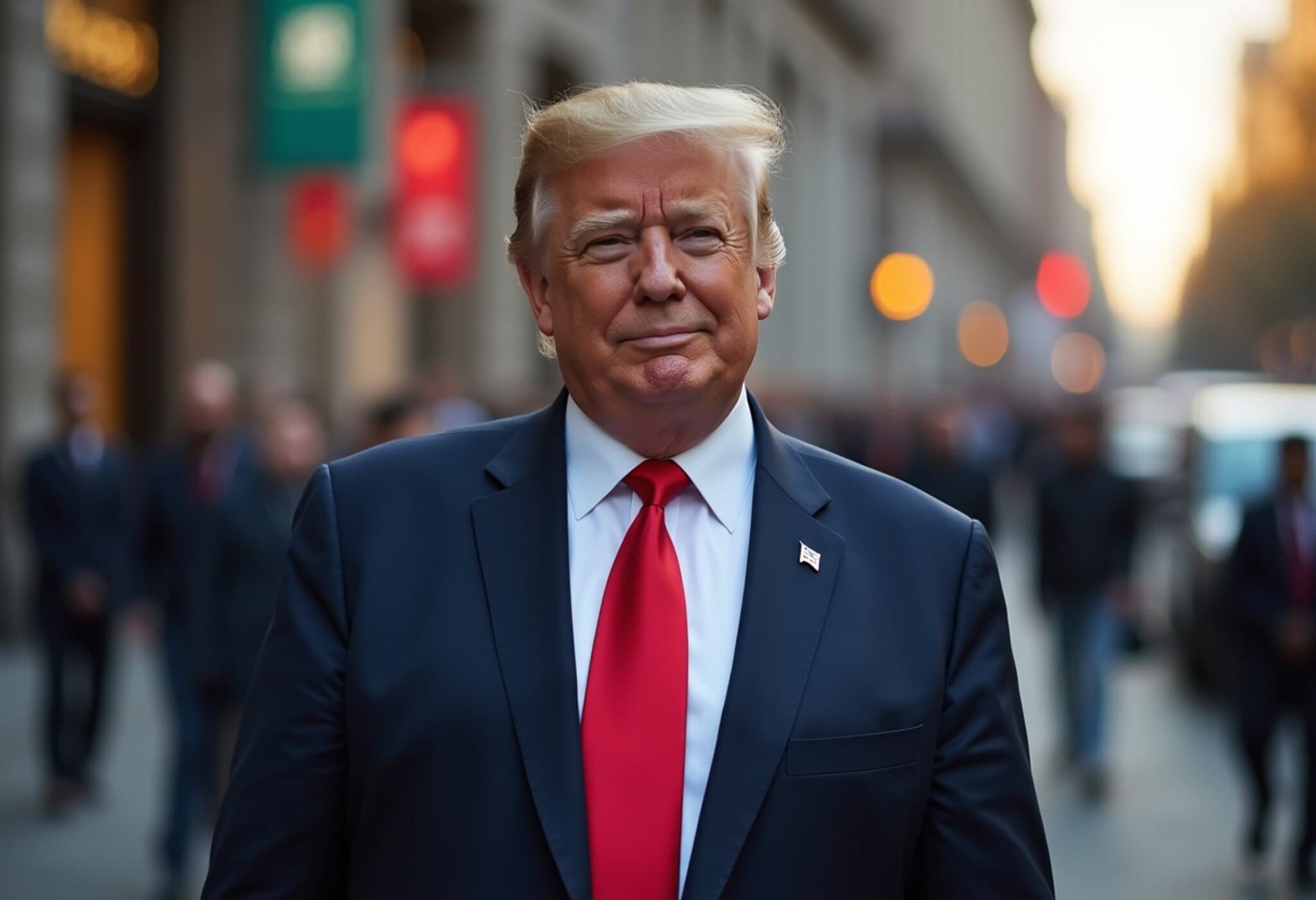US Sanctions UN Special Rapporteur Francesca Albanese Over Gaza Criticism
In a move that has intensified tensions surrounding the Israel-Gaza conflict, the US government announced sanctions against Francesca Albanese, the United Nations special rapporteur focusing on human rights in the West Bank and Gaza. Albanese, an Italian human rights attorney, has drawn sharp criticism from the United States and Israel for her repeated denunciations of Israel’s military operations in Gaza, which she has labeled as "genocide."
Background: Albanese's Role and Controversial Statements
Appointed to monitor and report on human rights conditions in the Palestinian territories, Albanese has been a vocal critic of Israeli policies. She has urged international actors to impose sanctions on Israel to halt what she describes as disproportionate military assaults in Gaza. Furthermore, Albanese has publicly supported war crimes investigations launched by the International Criminal Court (ICC) into Israeli officials, including Prime Minister Benjamin Netanyahu. Her reports have also drawn attention to allegations of American companies aiding Israeli military efforts.
US Government Response and Official Statements
The Trump administration, seeking to shield Israel from what it perceives as unfair international condemnation, has long pressured the United Nations to remove Albanese from her post. When these efforts failed, the US escalated to sanctions, declaring Albanese’s actions as an intolerable “campaign of political and economic warfare” against both the United States and Israel. Secretary of State Marco Rubio publicly stated on social media: “We will always stand by our partners in their right to self-defense.”
Moreover, the US mission at the UN accused Albanese of harboring “virulent anti-Semitism and unrelenting anti-Israel bias,” denouncing her genocide and apartheid claims as “false and offensive.” This rhetoric underscores the heightened polarization surrounding the humanitarian crisis in Gaza and the broader geopolitical contest over narratives.
Context: Escalation of Conflict and Humanitarian Impact
The sanctions come amid the ongoing conflict triggered by the October 7, 2023 Hamas attacks on Israel, which resulted in nearly 1,200 deaths, mostly civilians, and the capture of over 250 hostages. Israel’s military response in Gaza has been equally devastating, with Gaza's health ministry reporting more than 57,000 Palestinian deaths—many women and children, though combatant status remains disputed. These stark figures have intensified global debates about proportionality, civilian protection, and the legal frameworks governing armed conflicts.
Broader Implications: Freedom of Advocacy and Political Dynamics in the US
The US sanctions against Albanese also fit within a broader crackdown on pro-Palestinian activism domestically, including arrests and deportations related to university protests. This trend raises critical questions about the balance between national security interests, freedom of expression, and advocacy on contentious international issues.
Expert Insight: Navigating Human Rights and Geopolitical Realities
Experts suggest that the sanctioning of a UN environment monitor signals the increasing difficulty international officials face when addressing complex conflicts entangled with powerful global allies. Human rights investigations risk being dismissed as politically motivated, which can undermine international law enforcement and objective reporting. The US stance exemplifies the intricate dance between supporting an ally’s security and recognizing humanitarian obligations in conflict zones.
Looking Ahead: Questions for Global Diplomacy and Accountability
- How will this sanction impact the UN’s ability to conduct impartial human rights investigations in Gaza and West Bank?
- What precedent does this set for international monitors critiquing the policies of influential member states?
- Can the international community reconcile security concerns with human rights mandates amid ongoing conflict?
Editor’s Note
The sanctioning of Francesca Albanese epitomizes the delicate intersection of human rights advocacy and geopolitical allegiances. It raises urgent questions about the space for independent scrutiny in conflict zones, the politicization of humanitarian law, and the future of accountability on the Israel-Palestine front. As this saga unfolds, observers must weigh the merits of defending sovereignty against the imperative to protect civilian lives and uphold international norms.


